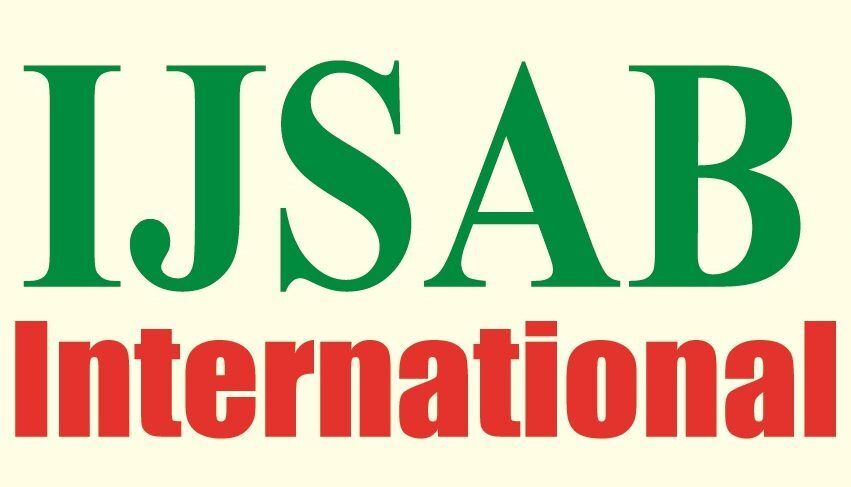The Impact of Talent Management Strategies on Employee Retention
Author (s)
Umma Nusrat Urme
Abstract
In today’s fiercely competitive business world, firms must prioritize employee retention. Strategies for talent management have drawn a lot of attention as successful solutions to this problem. This article offers a succinct summary of how talent management techniques affect employee retention. In-depth recruitment and selection procedures, employee training and development programs, methods for tracking performance and providing feedback, competitive pay and benefits, and promoting a healthy workplace culture are just a few of the strategies covered in the article. The results highlight how crucial these tactics are for improving employee retention rates, which in turn boosts output, lowers turnover expenses, and fosters a more engaged and devoted workforce. The purpose of this paper is to provide some effective personnel management techniques into practice so that organizations may establish a welcoming and rewarding atmosphere that encourages staff to stick around and contribute to the long-term success of the company.
Keywords: Talent Management, Employee Retention, Job Satisfaction, Employee Development.
| Title: | The Impact of Talent Management Strategies on Employee Retention |
|---|---|
| Author: | Umma Nusrat Urme |
| Journal Name: | International Journal of Science and Business |
| Website: | ijsab.com |
| ISSN: | ISSN 2520-4750 (Online), ISSN 2521-3040 (Print) |
| DOI: | https://doi.org/10.58970/IJSB.2209 |
| Media: | Online |
| Volume: | 28 |
| Issue: | 1 |
| Issue publication (Year): | 2023 |
| Acceptance Date: | 20/09/2023 |
| Date of Publication: | 24/09/2023 |
| PDF URL: | http://ijsab.com/wp-content/uploads/2209.pdf |
| Free download: | Available |
| Page: | 127-146 |
| First Page: | 127 |
| Last Page: | 146 |
| Paper Type: | Literature review |
| Current Status: | Published |
Cite This Article:
Umma Nusrat Urme (2023). The Impact of Talent Management Strategies on Employee Retention. International Journal of Science and Business, 28(1), 127-146. doi: https://doi.org/10.58970/IJSB.2209
Retrieved from http://ijsab.com/wp-content/uploads/2209.pdf
About Author (s)
Umma Nusrat Urme, Assistant Professor, Department of Business Studies, State University of Bangladesh, 138, Kalabagan, Mirpur Road, Dhaka, Bangladesh.
DOI: https://doi.org/10.58970/IJSB.2209
